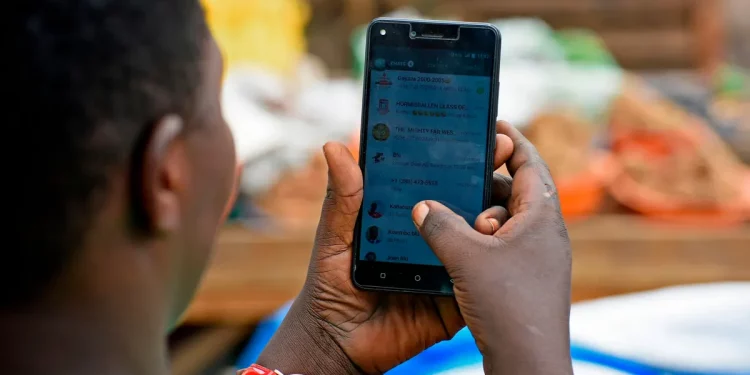The Ugandan government is pushing for lower internet costs to promote the usage of digital financial services across the country in a bid to increase financial inclusion for vulnerable groups.
According to the Ministry of ICT and National Guidance, the country will, by the end of this year, reduce the cost of data it provides through the national backbone infrastructure fibre by more than half from $70 per Mbps per second to $30.
This, the ministry says, will support the growth in ICT innovations, digital financial services, communication, e-government services among others.
The Ugandan government has completed a $75 million National Data Transmission Backbone Infrastructure and e-Government Infrastructure Project.
The project aims to connect all major towns in the country onto an Optical Fibre Cable-based network and to connect ministries and government departments to the e-Government Network.
The Minister for State for ICT, Ms Joyce Ssebugwawo, says the government is committed to reducing the cost of internet to facilitate a growing number of fintechs in the country that are offering faster and cheaper financial services to the vulnerable communities, hence enhancing financial inclusion.
According to official data, Uganda has an internet penetration of 3.7% of its population and this low internet penetration is caused by its high cost, low numbers of smartphones and poor internet infrastructure across the country, especially in rural areas.
See Also:




